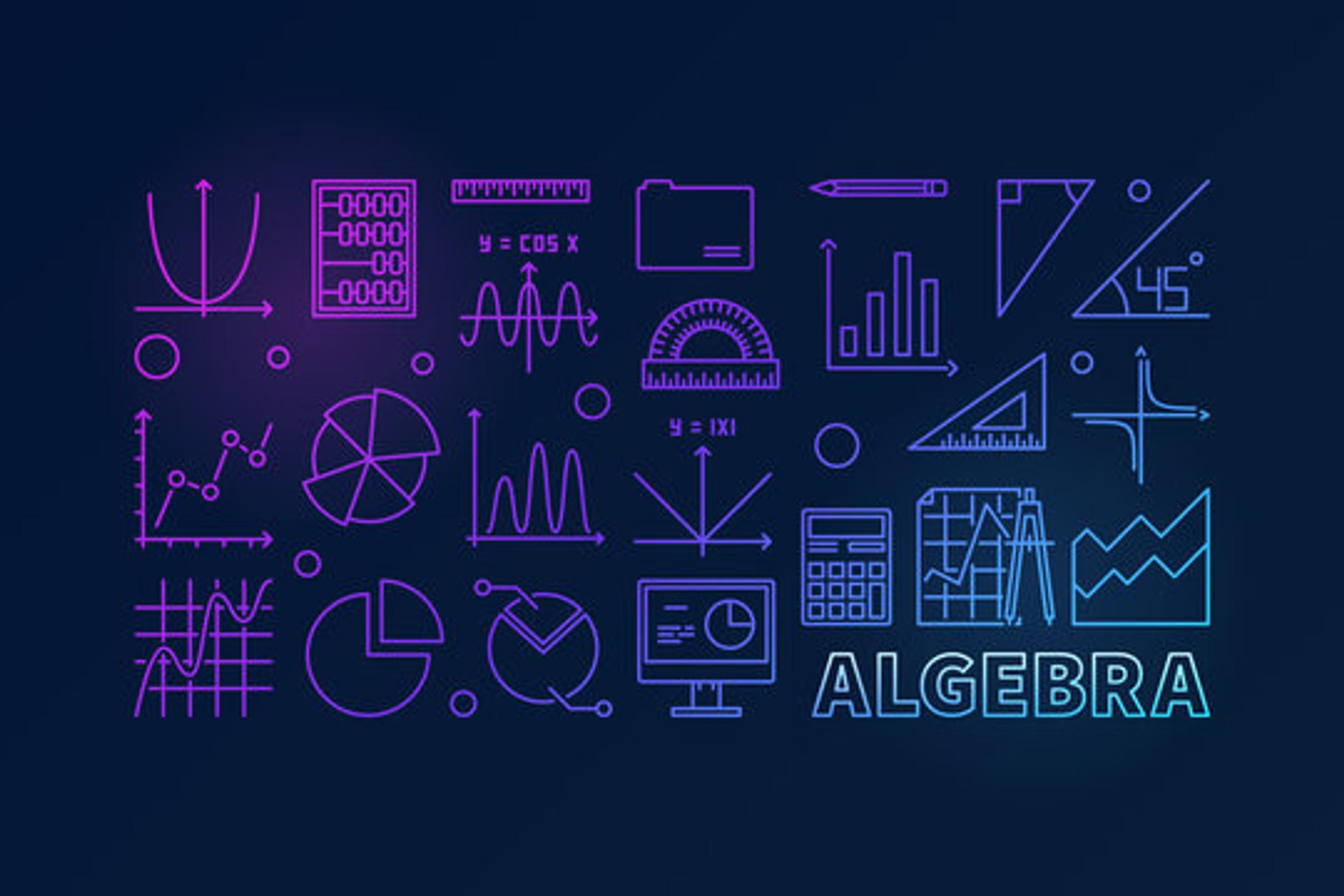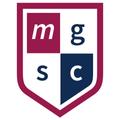General Mathematics

General Mathematics Units 1 & 2 cater for a range of student interests, provide preparation for the study of VCE General Mathematics Units 3 & 4 and contain assumed knowledge and skills for these units.
General Mathematics Units are designed for students to study on their own and sometimes in conjunction with Mathematical Methods. It is a sufficient prerequisite for tertiary courses that require students to undertake a Level 3 & 4 Mathematics subject.
The areas of study for Units 1 & 2 of General Mathematics are:
- Data analysis, probability and statistics
- Algebra, number and structure
- Functions, relations and graphs
- Discrete mathematics
- Space and measurement
The areas of study for Units 3 & 4 of General Mathematics are:
- Data analysis, probability and statistics
- Discrete mathematics
In undertaking these units, students are expected to be able to apply techniques, routines and processes involving rational and real arithmetic, sets, lists, tables and matrices, diagrams and geometric constructions, algorithms, algebraic manipulation, recurrence relations, equations and graphs, with the use of technology. They should have facility with relevant mental and by-hand approaches to estimation and computation. The use of numerical, graphical, geometric, symbolic, financial and statistical functionality of technology for teaching and learning mathematics, for working mathematically, and in related assessment, is to be incorporated throughout each unit as applicable.
The award of satisfactory completion for a unit is based on whether the student has demonstrated achievement of the set of outcomes 1, 2 and 3 listed below. All assessments at Units 1 and 2 are school based, are a part of the regular teaching and learning program and completed mainly in class and within a limited timeframe. The decision will be based on the teacher’s assessment of the student’s overall performance on assessment tasks designated for the unit. These assessments will be in the form of tests, investigation/application tasks, problem solving or modelling tasks and exams.
Student qualities:
- Students need to be committed and engaged with their study of Mathematics and enjoy working with their CAS calculator. They will be inspired to learn about new fields of mathematics - Matrices and Networks - and strengthen their knowledge of Statistical Analysis and Financial Mathematics.
- Students need to do independent revision and study of the mathematical techniques learned.
Outcomes for satisfactory completion:
- To be able to define and explain key concepts as specified in the content from the areas of study and apply a range of related mathematical routines and procedures.
- To be able to apply mathematical processes in non-routine contexts, including situations with some open-ended aspects requiring investigative, modelling or problem-solving techniques or approaches, and analyse and discuss these applications of mathematics.
- To be able to apply computational thinking and use numerical, graphical, symbolic and statistical functionalities of technology to develop mathematical ideas, produce results and carry out analysis in situations requiring investigative, modelling or problem-solving techniques or approaches.
